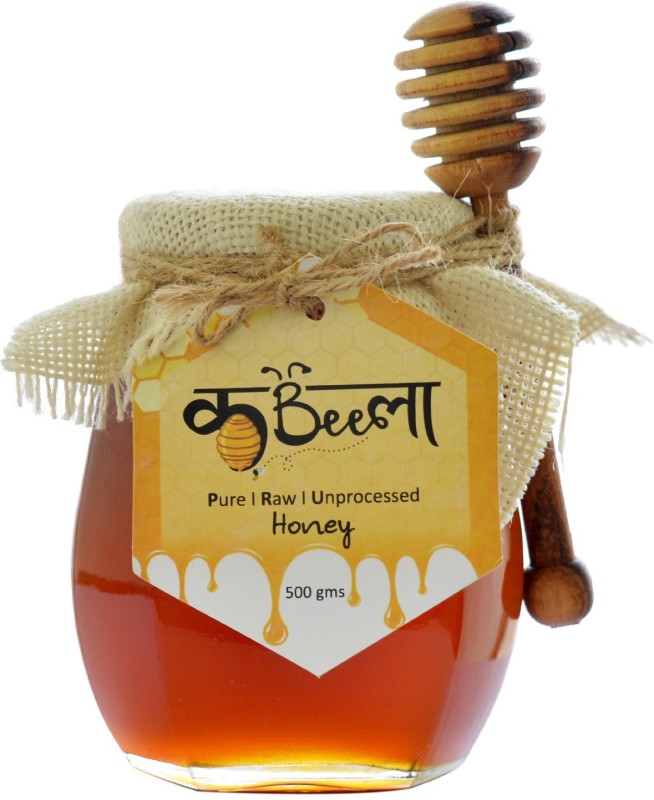Description
“Kabeela” ; is a Hindi word for tribe. Here, it refers to The Bhil Tribe; an Indo-Aryan speaking ethnic group in West India. They speak the Bhil languages, a subgroup of the Western Zone of the Indo-Aryan languages. As of 2013, Bhils were the largest tribal group in India which are listed as indigenous people of the states of Rajasthan, Gujarat, Madhya Pradesh, Chattisgarh and Maharashtra- all in the western Deccan regions and central India – as well as in Tripura in far-eastern India. Bhil belong to the race of the pre-Aryans. The name ‘Bhil’ is derived from the word villu or billu, which according to the Dravidian language is known as Bow. The name Bhil also finds it’s mention in the great epic called Ramayana. The Bhil women offered ber or jujube fruits to Lord Rama, when he was wandering through the jungles of Dhandaka, searching Sita. The popular legend represents them as being descended from Nishada, son of Mahadev by the human female. Nishad was brutal and ugly, who killed his father’s bull and as the consequence he was banished to mountains and forests. During the ancient era, the Bhil Tribe were considered as the great warriors who fought against the Mughals, Marathas and the Britishers. Apart from other states, Bhil comprise 39% of Rajasthan’s total population. speak Bhili, which is an Indo Aryan language. Bhil are known as bow men of Rajasthan or the tribes of Mewar or the Archers. Bhil women wear traditional saris and the Bhil men wear loose long frock along with pajama. The peasants wear turbans. Bhil also wear brass ornaments. Bhil are tall, well built with handsome features. They are known for their truthfulness and simplicity. They love independence. They are brave and their National weapon is bow made of bamboo. Earlier they were the great hunters. The Bhil are now mainly a community of settled farmers, with a significant minority who are landless agricultural labourers. Bhil possess the knowledge of manufacturing agricultural equipments and are also aware of repairing them. Many people of this tribe still live in the deep jungles of West India. Hence, a significant subsidiary occupation of these people remains hunting and gathering. They collect fruits and vegetables from these jungles. They keep self-made bows and arrows, swords, knives, axes etc. with them as weapons for self-defense and hunting the wild fauna which also form the major part of their diet. These Tribes are also responsible for Honey Collection. We procure our honey from the Honey Collectors who gather honey from the deep jungles in and around The Aravali Hills of Rajasthan. This honey is filtered and delivered at your doorstep. We do not put our honey through any heat or pasteurization process. It is therefore, free of any chemicals, pesticides, artificial flavour, sugar, additives or colours. Hence “Kabeela”, named after the experienced honey collectors of Bhil Tribe, is a tribute to their hard work without which we would not have been able to experience the goodness and benefits of pure honey.


Reviews
There are no reviews yet.